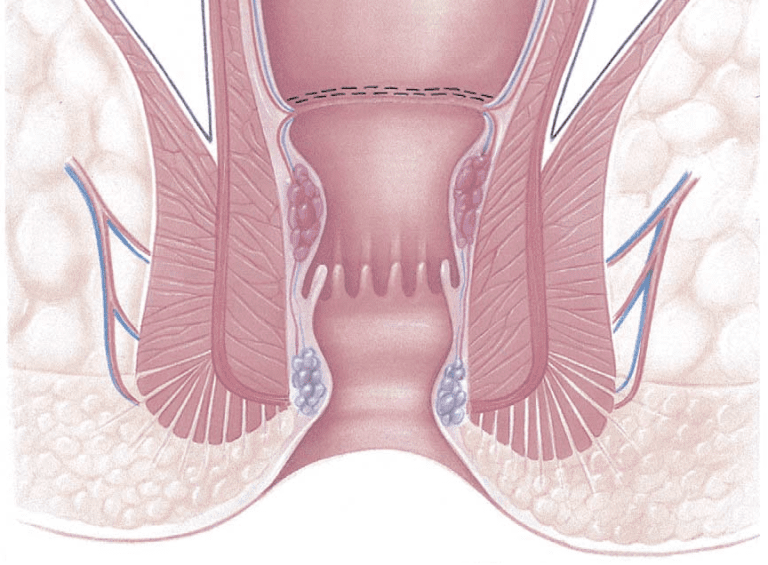Our Specialities
- Home
- Our Specialities

Anaesthesiology
Anesthesiology, also spelled anaesthesiology, is the medical field focused on providing comprehensive perioperative care to patients throughout the entire surgical process—before, during, and after the procedure.

Anorectal Surgery
Anorectal surgery accounts for a variable share of procedures within a general surgical department, and the range of conditions treated through anorectal surgery is extensive.

Head & Neck Onco Surgery
This section explains the types of treatments, also known as therapies, that are considered the established and widely accepted standard of care for head and neck cancer.

General Medicine
General medicine, also known as general practice, is a medical specialty where physicians diagnose and treat common illnesses in patients of all ages and genders within a local community.

Gynaecology
Branch of medicine dedicated to the diagnosis and treatment of diseases in women, particularly those affecting the reproductive system.

ENT
An ear, nose, and throat (ENT) doctor specializes in managing conditions related to those areas of the body and is also trained to perform surgical procedures.

Laparoscopic Surgery
Laparoscopic surgery is used for procedures in the abdominal or pelvic regions, while keyhole surgery in the chest is called thoracoscopic surgery.

Neurology
A neurologist is a doctor who specializes in neurology and is trained to examine, diagnose, and treat conditions affecting the nervous system.

Ophthalmology
Ophthalmologists treat eye conditions by prescribing medications, using laser therapy, and performing surgery to restore vision effectively.

Orthopedic Joint Replacement
Orthopedic joint replacement surgery is frequently recommended for a range of joint conditions, such as osteoarthritis and rheumatoid arthritis.

Pediatric Gastro Medicine
A pediatric gastroenterologist is a medical specialist who treats children with issues concerning their digestive system, liver, or nutritional health.

Pediatric Surgery
Pediatric surgery is a surgical subspecialty that focuses on operating on patients from the fetal stage through young adulthood, including infants, children, and adolescents.

Physiotherapy
Physical therapy helps individuals recover from illnesses or injuries that restrict their ability to move and carry out everyday activities.

Psychiatry
Psychiatry is the medical field dedicated to the identification, avoidance, and management of harmful mental health issues.

TB & Chest (Respiratory)
Tuberculosis (TB) is a potentially serious infection, typically impacting the lungs. While treatable with antibiotics, it can become severe if left untreated.

